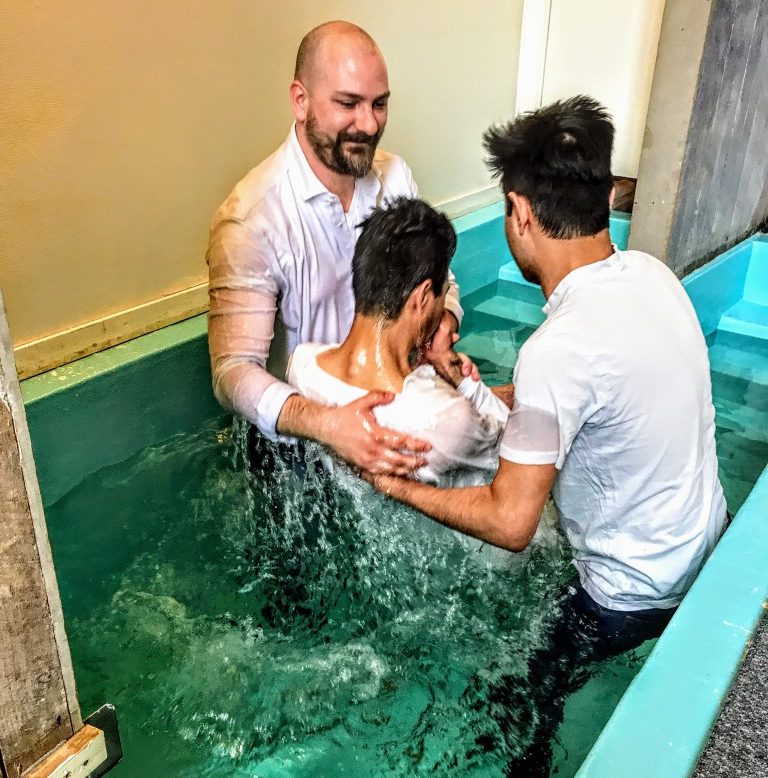Tag: Christianity
-
Is identity fixed?
One of the interesting factors in the immigration debates that take place around Europe is how common it is that we end up making identity seem like something that is set in stone. Whoever you ask what it means to be Muslim, or what it means to be Swedish, they will usually describe something that…
-
The one who got sent back
In my last post I mentioned the young men I spoke to who had converted to Christianity within the Church of Sweden. What I failed to mention was one young man, Amir*, who converted to Christianity, was then deported, but returned to Sweden a second time in order to seek asylum. Amir had lived in…
-

Why are our migration officers “religiously illiterate”?
A recent op-ed by a theologian in one of Sweden’s largest newspapers describes the “religious illiteracy” with which the migration office here addresses the cases of asylum seekers who have changed religion since arriving in Sweden. He argues that as a country which has religious freedom enshrined in its laws, and a high value for…
-
Are you a ________ or merely a consumer of ________ artifacts?
In his wonderful book, You Are What You Love, James K. A. Smith encourages us to reflect on the religious nature of the shopping experience by describing the shopping mall as a place of worship: The layout of this temple has architectural echoes that harken back to medieval cathedrals – mammoth religious spaces designed to…